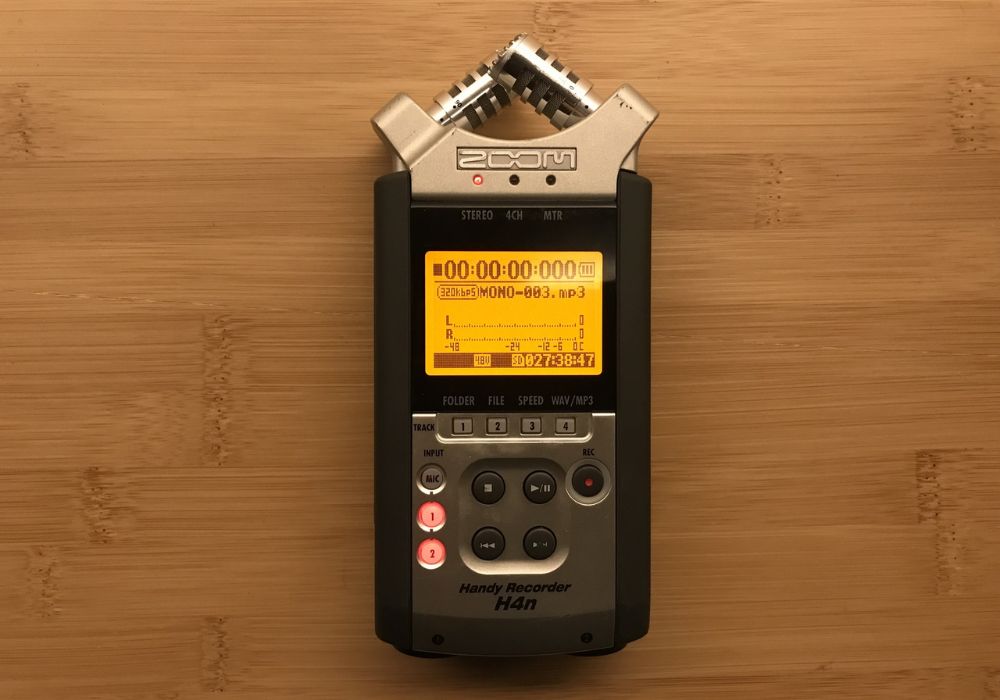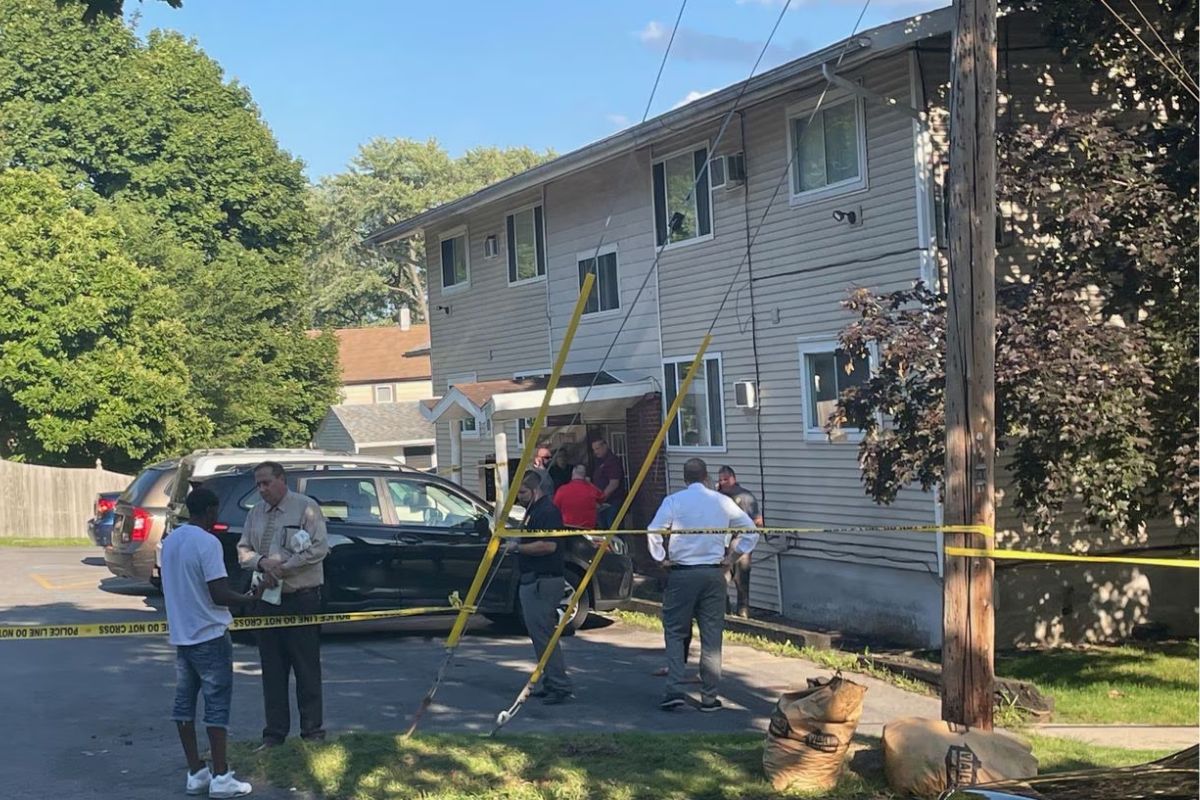What is an EMD in real estate ? If you're a first-time homebuyer navigating the process of purchasing a property, you may have heard the term "earnest money deposit" (EMD) mentioned.
In this post, we will explain what exactly an EMD is, why it’s beneficial for buyers and sellers, and how much you may need to pay when making your offer on a property.
What is an EMD (earnest money deposit)?
Buying a home can be a lengthy and intricate process, with an average of 42 days required between 2018 and 2019. To confirm that a prospective buyer is serious about going through with the purchase, an earnest money deposit (EMD) is typically required.
This cash deposit, commonly known as the "good faith" deposit, can be submitted via check or wire transfer within a certain timeframe after the offer is accepted.
The funds are then held in an escrow account by the real estate brokerage or settlement company and returned to the buyer at settlement.
Many buyers opt to apply the EMD towards closing costs or the down payment on the property. Providing an EMD is essential to reassure sellers that potential buyers are committed to closing the deal.
Pricing Out the EMD
Knowing how much to offer in an earnest money deposit (EMD) can be tricky, as it varies by local custom and market competitiveness. In slow markets, the EMD typically ranges from 1% or less, sometimes as little as $500 to $1,000. Conversely, high-end homes in competitive markets may require an EMD as much as 5% of the purchase price.
In very competitive situations, realtors may even recommend an even higher EMD to increase the buyer's chances of being chosen, and sellers may reduce the sales price in return for a larger good faith payment.
As a buyer, it's important not to offer too low an EMD, as it could signal to the seller that you aren't serious about purchasing the home. It's always best to seek the advice of your real estate agent to determine the appropriate EMD based on the local market conditions.
Why do you need an EMD?
When it comes to purchasing a property, an EMD or "earnest money deposit" can be a crucial component to solidifying the deal. By putting down this deposit, you are demonstrating to the seller that you are committed to the process and serious about purchasing their property.
This can give the seller peace of mind that you aren't going to back out of the deal without good reason, which can be costly and frustrating for them. Of course, if certain contingencies aren't met and the deal falls through, you will be able to get your EMD back.
Overall, an EMD helps to protect both the buyer and the seller in a real estate transaction, making it an important piece of the puzzle for anyone looking to purchase property.
How Much Should The EMD Be?
While there is no hard and fast rule for how much the EMD should be, a general guideline is to base it on the price of the home.
For houses under $300,000, a $5,000 deposit is common, while a $1,000,000 home might require a deposit of around $30,000.
Keep in mind, however, that there can be exceptions to this rule, and you may need to increase your deposit in certain situations, such as in a competitive bidding scenario.
Regardless of the amount, it's important to ensure that the terms of your offer are strong and that you have the financial means to back up your deposit.
Is EMD refundable? When is the EMD forfeited?
An important question in the home-buying process is whether earnest money is refundable. The answer is that it depends on certain circumstances. If the buyer breaches the agreement and the seller is not at fault, then the seller may keep the EMD as payment.
However, if the seller is at fault, then they must return the EMD to the buyer. But what if the buyer and seller come to a mutual agreement to adjust deadlines in the contract? In this scenario, the buyer must still meet these new deadlines and back out in a timely manner to keep their EMD.

Contingencies in Home Purchase and Sales Agreements
A vital component of any home purchase and sales agreement are contingencies, which serve as safeguards for both buyers and sellers. These provisions outline specific requirements that must be met for a sale to be finalized, such as a home inspection, appraisal, financing options, the sale of an existing property, and the title's status.
While buyers who waive some contingent provisions may appear more favorable to sellers, they risk losing their earnest money deposit if these provisions are not met.
It is crucial to work with professionals and review all contingencies in detail to ensure a smooth and protected transaction.
EMD Refund Laws Vary by State
EMD refund laws can be confusing, especially because they differ from state to state.
For buyers, it is important to know that simply changing their mind about a purchase will not result in the return of their EMD money. Conversely, sellers who accept another offer must give back the EMD to the buyer they did not choose.
If the closing date is delayed past the one listed in the purchase and sales agreement, the seller may try to keep the EMD, but in some cases, the contract may state that failure to close on time results in the loss of the money.
If disputes arise and the sale falls through, legal action may be necessary to recover the EMD. It is crucial to understand these laws before engaging in any real estate transactions.
What's the difference between an EMD and a down payment?
When it comes to purchasing a home, it's important to understand the difference between an earnest money deposit (EMD) and a down payment. While both involve putting money towards the purchase of a home, they serve different purposes. An earnest money deposit is made to show the seller that the buyer is serious about purchasing the home and is willing to commit some funds upfront.
On the other hand, a down payment is money that the buyer pays to the lender, typically at the time of closing, as a way to reduce the amount of the loan and secure better financing terms.
FAQs about What Is An EMD In Real Estate
Who keeps earnest money if deal falls through?
The seller will be entitled to the deposit if there is a breach in contract, meaning that regardless of reason the buyer can't close—the earnest money stays with them.
Is the EMD part of the down payment?
An Earnest Money Deposit (EMD) is an important part of the home-buying process. It's typically a fractional sum, ranging from 1%-2%, and acts as assurance to the seller that you won't back out of your purchase agreement without loss - if you do so, they can keep your deposited amount.
Why would a seller not accept asking price?
A seller may have multiple reasons to reject an offer, even if it's at the asking price. It could be due to other offers on the table or a desire for additional funds, prompting them to hold out for more money than initially requested.
Will I lose my deposit if I am denied a mortgage?
When you put up a deposit for a house, there's always the chance that your loan application may be denied. If this happens, then don't worry; you can take back your earnest money and look elsewhere to purchase the home of your dreams.
Why do sellers like higher down payments?
Sellers appreciate higher down payments, as it offers reassurance that you are financially capable and motivated to complete the purchase. It provides them with added security due their willingness to part ways with a significant portion of the cost without negotiation over assistance for closing costs.
Why do sellers ignore your offer?
With the market in their favor, sellers have no obligation to settle for an offer below asking price. They could also turn down offers that are deemed too demanding — such as a lack of earnest money deposits or excessive seller concessions; they may be more inclined towards other deals with better terms.
Conclusion
In conclusion, understanding what EMD in real estate is and how it works can save you a lot of money in the long run. When making an offer on a home or property, be sure to read through your contract thoroughly and understand if you are required to provide an earnest money deposit.
Knowing what EMD is and how it works can keep you safe, secure, and free from any misunderstanding or confusion throughout the process.
Lastly, make sure to consult with professionals or other industry professionals before signing on anything or putting down any money. Thank you for taking the time to learn more about what is EMD in real estate!





